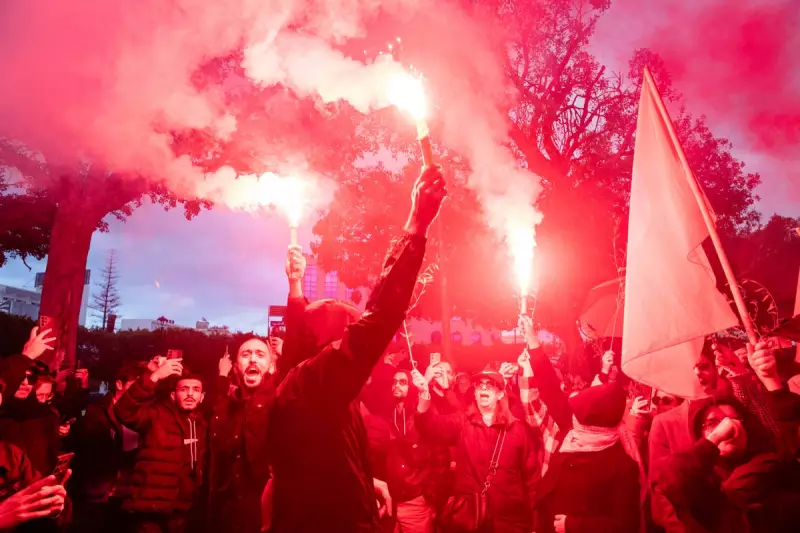
Tunisian President Kais Saied has summoned the European Union's ambassador to deliver what the presidency described as a firmly toned protest over an alleged breach of diplomatic protocol, escalating tensions between the North African nation and the bloc.
The Diplomatic Confrontation
The diplomatic row unfolded on Wednesday 26th November 2025 when President Saied called in EU Ambassador Giuseppe Perrone to express strong disapproval regarding the envoy's recent activities. The Tunisian presidency released an official statement confirming the summons and emphasising that accredited envoys must respect Tunisia's sovereignty and maintain communication through proper official channels.
Although the statement didn't specify the exact nature of the protocol breach, it emerged that the summons followed Ambassador Perrone's meetings with the leaders of Tunisia's two most influential civil society organisations: the UGTT labour union and the UTICA employers' union. Both groups hold significant political weight, having jointly won the 2015 Nobel Peace Prize alongside two other Tunisian organisations for their crucial role in establishing the country's democracy.
EU Response and Civil Society Engagement
European Commission spokesperson Anouar el-Anouni addressed the situation on Wednesday, stating that the EU takes note of the messages transmitted by President Saied to Ambassador Perrone. The spokesperson defended the ambassador's actions, explaining that diplomats routinely engage with diverse interlocutors, including civil society representatives who can strengthen bilateral cooperation and improve dialogue quality.
El-Anouni specifically referenced the Nobel Prize honours held by the UGTT and UTICA, underscoring their international recognition and legitimacy as dialogue partners. The ambassador's meeting with UGTT leader Noureddine Taboubi this week was intended to mark 30 years of EU-Tunisia cooperation, while his discussion with UTICA leader Samir Majoul last week focused on economic ties and challenges facing Tunisian industries.
Broader Political Context
This diplomatic incident occurs against a backdrop of growing protests across Tunisia, where doctors, activists and ordinary citizens are demanding greater social justice. President Saied's government has simultaneously intensified what critics describe as a clampdown on rights and freedoms, though the president frames these measures as necessary actions against corruption and national security threats.
The situation reflects Saied's increasingly strained relations with major civil society groups and traditional labour partners. Both the UGTT and UTICA have served as central players in Tunisian society since the 2011 Arab Spring uprising, frequently acting as mediators in national dialogue efforts. Their continued engagement with international partners like the EU highlights the complex political landscape in which this diplomatic dispute has emerged.





